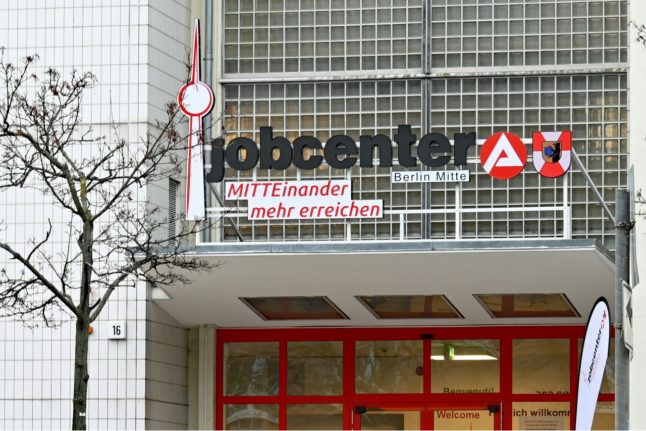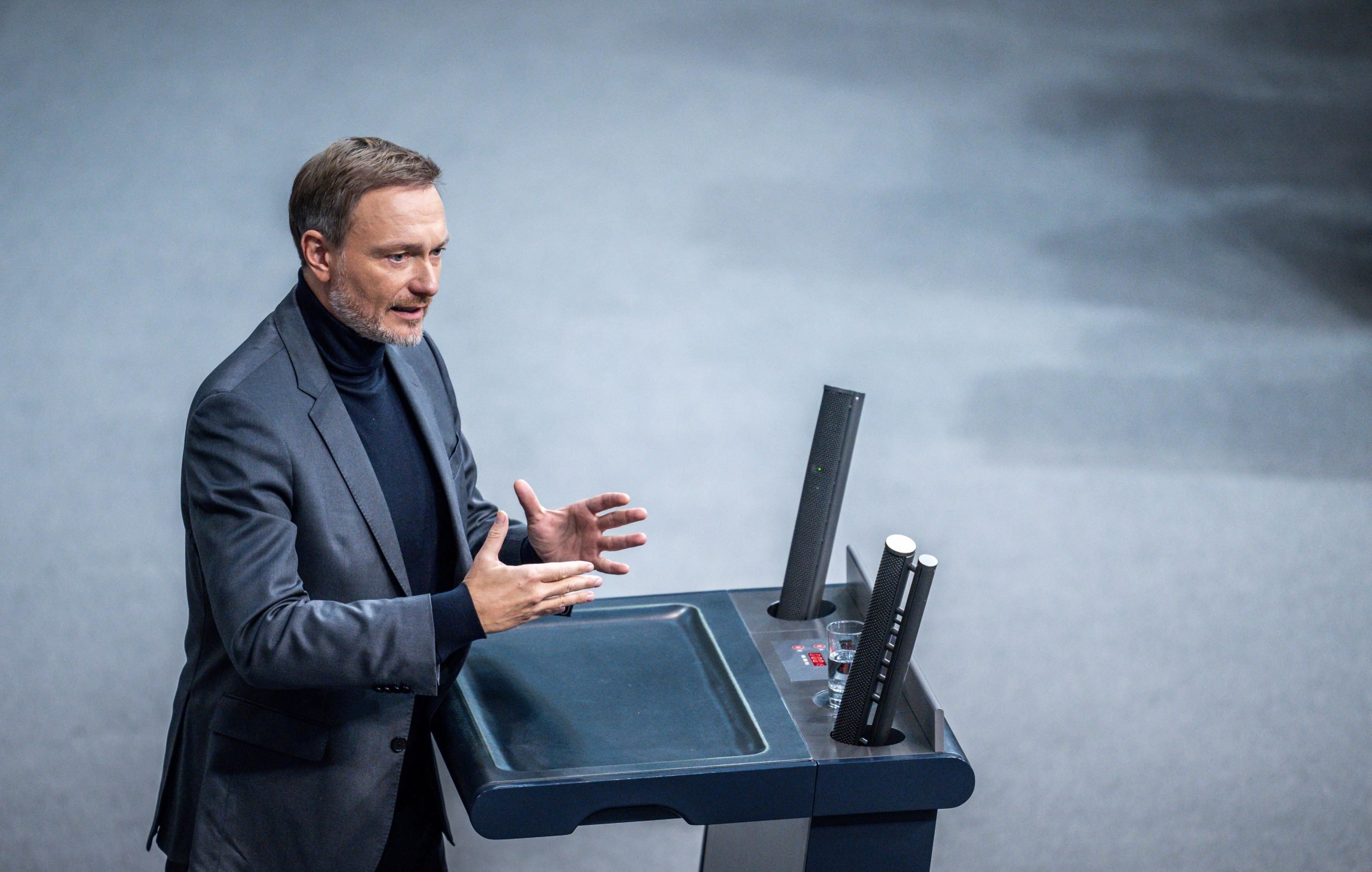What happened to the gas levy?
There had been lots of talk about getting rid of it, but on Thursday it became official: the German government announced it was ditching the gas levy – or Umlage – that was meant to come into force on Saturday October 1st.
This surcharge would have seen gas consumers in Germany take on some of the soaring costs that suppliers are facing as they try to replace Russian gas. It was to be used to prop up struggling importers such as Uniper, Sefe and VNG.
The gas levy would have resulted in 2.4 cents per kilowatt hour being added to gas bills, which would be an extra burden of several hundred euros per household, although VAT on gas consumption was to be reduced at the same time.
It was due to come into force on Saturday October 1st – but the levy had come under fire in recent weeks because of the burden it would add to households during the cost-of-living crisis as well as concerns about energy firms taking advantage of it. It was also unclear if it was constitutional after it was announced gas firm Uniper was being taken under state control.
The gas levy was put together when there was a real fear that Germany could imminently run out of gas, the government said. Economics and Climate Minister Robert Habeck maintained that it was the right instrument at the time but that it is “no longer needed”.
Instead of the gas levy, tailored measures are to be developed for troubled gas suppliers.
So the German government has made a significant U-turn on its policy – it’s pumping a package worth €200 billion into providing energy price caps that will aim to shield homes and businesses across Germany from sky-high bills.
READ ALSO: Germany to spend €200 billion to cap soaring energy costs
Germany, which has been highly dependent on imports of fossil fuels from Russia, has been desperately trying to find other energy sources as supplies have been cut.

Wait – so there is more support for people?
Yes. The German government is throwing its weight behind a different strategy. It will provide a temporary cap on electricity and gas prices to help protect residents from being hit with massive bills.
On Thursday, Chancellor Olaf Scholz, speaking via video link, said: “The German government will do everything so that prices sink.”
Scholz said that the price hikes on the energy market were a consequence of Russia’s actions, which used “its energy supplies as a weapon”.
“We find ourselves in an energy war over prosperity and freedom,” Finance Minister Christian Lindner added during the press conference.
Lindner said that protecting consumers against rising bills was a “crystal clear answer” to show Russian President Vladimir Putin that Germany is “strong economically”.
However, it’s still unclear what exactly the gas price cap – or Gaspreisbremse – will look like in practical terms. A commission of experts is to draw up a proposal by mid-October. The aim is to see costs capped for a basic quota of gas.
READ ALSO: How might a gas price cap in Germany work?
And it won’t just affect gas prices – electricity costs will also be capped.
The profits of power plants that are operated without gas but are raking in high additional profits due to rising energy prices are to be skimmed off.
These revenues are to be used to subsidise the electricity consumption of consumers and small and medium-sized enterprises to a certain extent – here, too, the talk is of ‘basic consumption’ being covered.
READ ALSO: KEY POINTS – Everything Germany is doing to relieve rising energy costs
What about the VAT reduction?
As we mentioned above, the VAT cut on gas was due to come into force along with the gas levy to ease the pressure on households.
On Thursday, Habeck said the VAT cut on gas consumption, from the usual 19 percent down to seven percent – will remain in place even though the gas levy is being dumped.

How is this all being funded?
That was a major contentious point, but the coalition of the Social Democrats (SPD), Greens and Free Democrats (FDP) seem to have come to an agreement.
The government wants to borrow up to €200 billion for the economic stabilisation fund. This fund, which was initially set up in 2020 to help pump cash into pandemic support for people and businesses in Germany, can only be sued for specific measures. That means it doesn’t count as being part of the annual budget for the federal government, keeping Finance Minister Christian Lindner happy.
So will energy prices actually come down?
Energy prices are still expected to go up but a price cap should help stop them from spiralling too much.
But Economics and Climate Minister Habeck has been trying to dampen expectations of the gas price brake. The Green politician said it wouldn’t be possible to use the cap to subsidise the gas price down as far as it had been in 2021. “And not for a very long time,” he told Deutschland-Funk on Friday.
“Gas and energy as a whole will cost the German economy more than it did in the very affordable years,” he added.
Habeck said it wouldn’t be possible to avoid every price rise. “Some burden will be taken (through the price cap), but the complete burden will certainly not be able to be carried,” Habeck said. “Not even with this gigantic €200 billion.”
Habeck also warned against believing that a gas price cap means people will be able freely use more energy this winter. He said consumers – whether private households or firms – still had to cut down on gas as much as possible to avoid a shortage this winter.
On Thursday, Federal Network Agency boss Klaus Müller urged German residents to avoid pumping up their heating too early due to the precarious situation.
“Without significant reductions, including in private households, it will be difficult to avoid a gas shortage this winter,” he said.
READ ALSO: German residents urged to save more gas despite cold weather




 Please whitelist us to continue reading.
Please whitelist us to continue reading.
Member comments